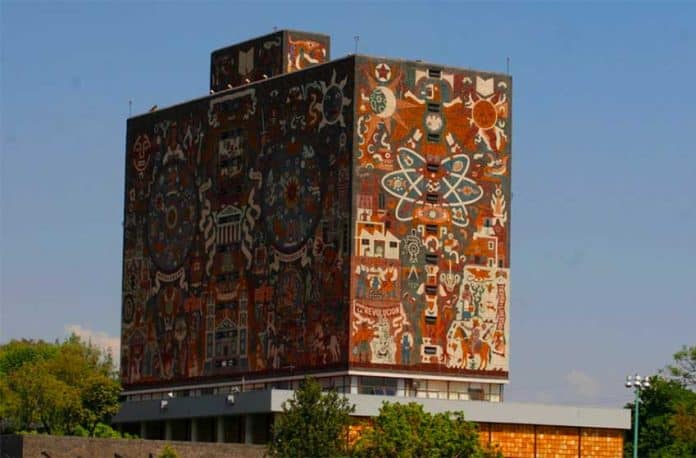Mexican adults are less likely to have a university degree than citizens of any other OECD country, statistics show.
Of every 100 students who start primary school in Mexico, 21 will go on to complete university studies, according to the Organization for Economic Co-Operation and Development (OECD).
In the publication Education Policy Outlook 2017, the OECD said that four of those students will study for a master’s degree and one will complete a PhD.
Of the population aged between 25 and 64, just 17% have completed higher education studies, the OECD found, placing Mexico last in the category among the 36 member nations, where an average 37% of people have a tertiary qualification.
Meanwhile, a national survey showed that 49.7% of Mexican students who don’t complete high school fail to do so due to a lack of financial resources to buy materials, pay enrollment costs and cover transportation expenses.
The survey highlighted the effect that a person’s education level can have on earning capacity and employment options.
“The average salary of someone who has completed university studies is 80% higher than someone who has completed high school. Finishing a degree reduces the risk of entering the informal economy by 51%,” it said.
The Mexican Institute for Competitiveness (Imco) said in a 2016 report that the average monthly salary of a person who has completed high school is 6,208 pesos (US $326) while a university graduate earns on average 10,855 pesos (US $571) per month.
One way that parents are seeking to guarantee their children’s continued access to education is through the purchase of education insurance policies.
Mexican insurance company GNP reported that it paid out more than 1 billion pesos (US $52.6 million) on such policies during the first half of 2018.
“Currently 24% of GNP’s individual life insurance portfolio is made up of . . . our education savings insurance, reflecting the need of parents to guarantee the resources to cover university [expenses] for their children, which is a fundamental piece in the building of a better future,” said Raúl Kuri, a GNP director.
That view is supported by OECD data that shows that 17% of Mexicans aged between 25 and 34 who don’t have tertiary qualifications are unemployed whereas only 9% of those in the same age bracket who have a degree are jobless.
Statistics from Coneval, a federal social development agency that measures poverty levels, show that 21.4 million people earn less than 2,975 pesos (US $156) per month, which places them below the minimum wage threshold for wellbeing.
Millions more lack access to health care services, social security, adequate housing and other basic services.
Statistics also starkly illustrate the economic inequality in Mexico.
The United Nations Economic Commission for Latin America and the Caribbean has determined that 36% of total wealth in Mexico is concentrated in just 1% of the population.
In 2016, more than 53 million Mexicans were living in poverty, with 9.4 million of that number in situations of extreme poverty.
Source: Milenio (sp)
